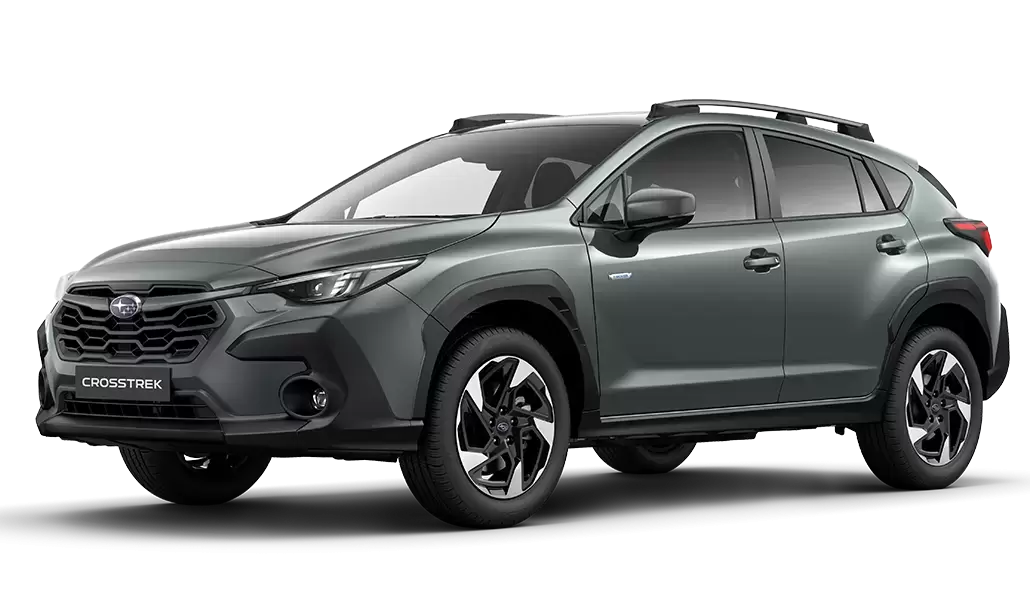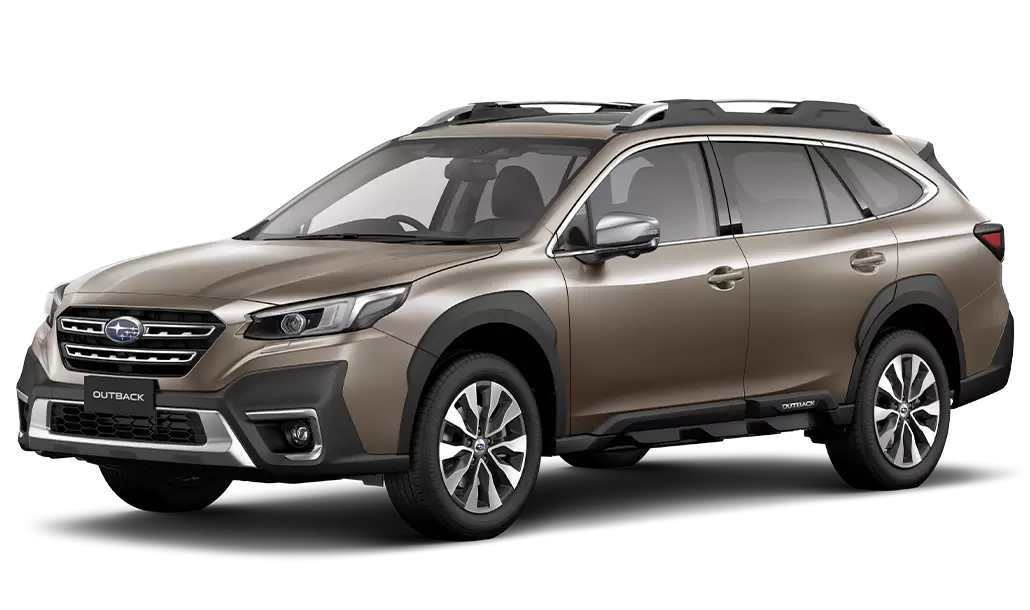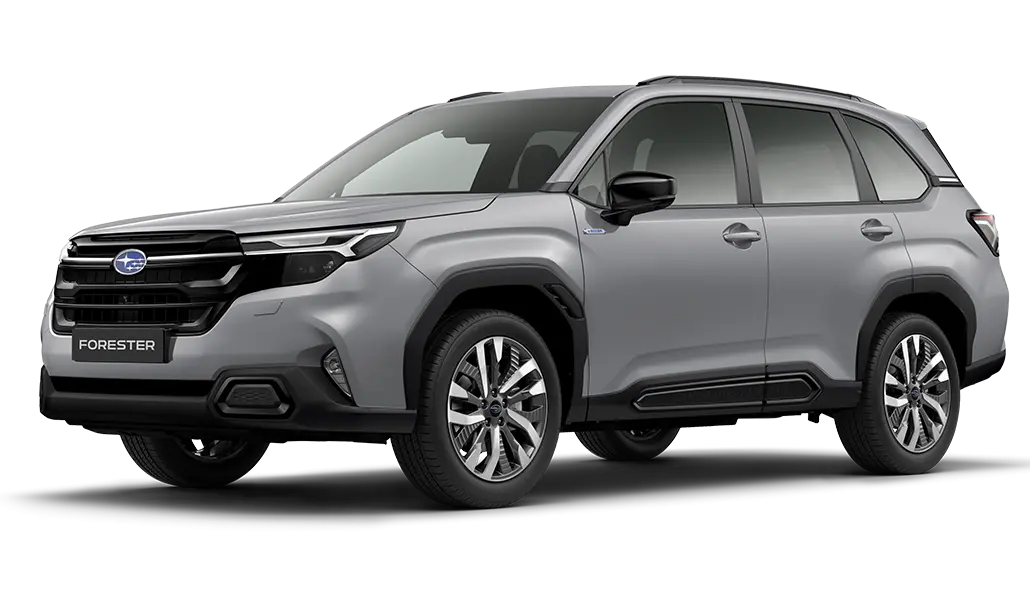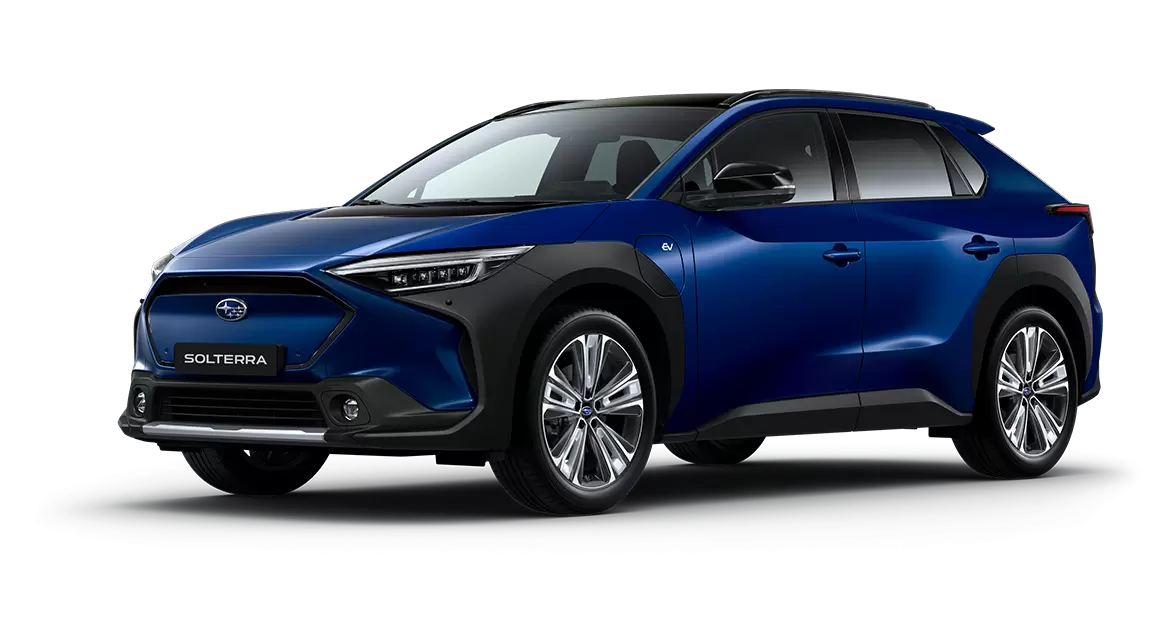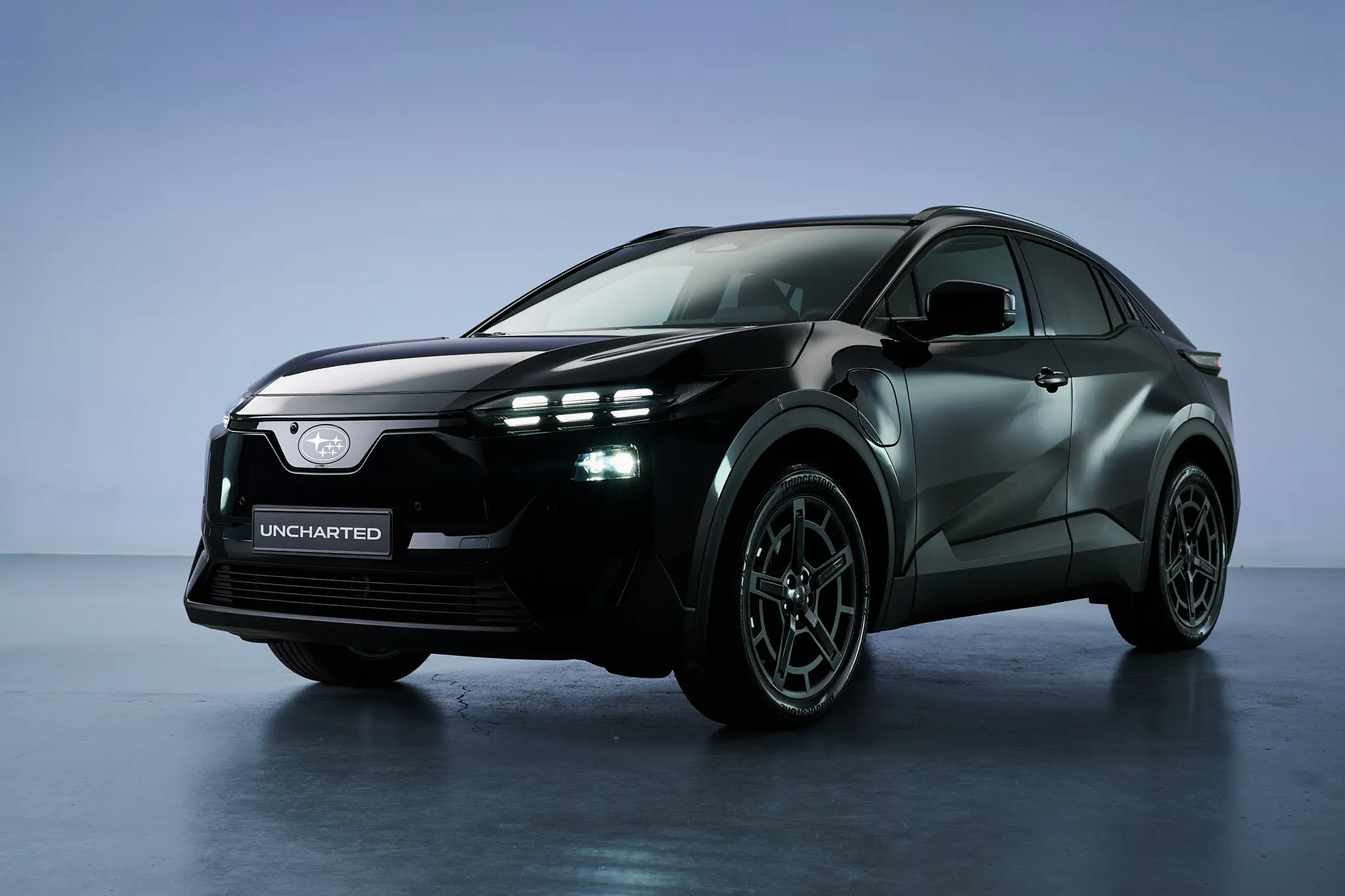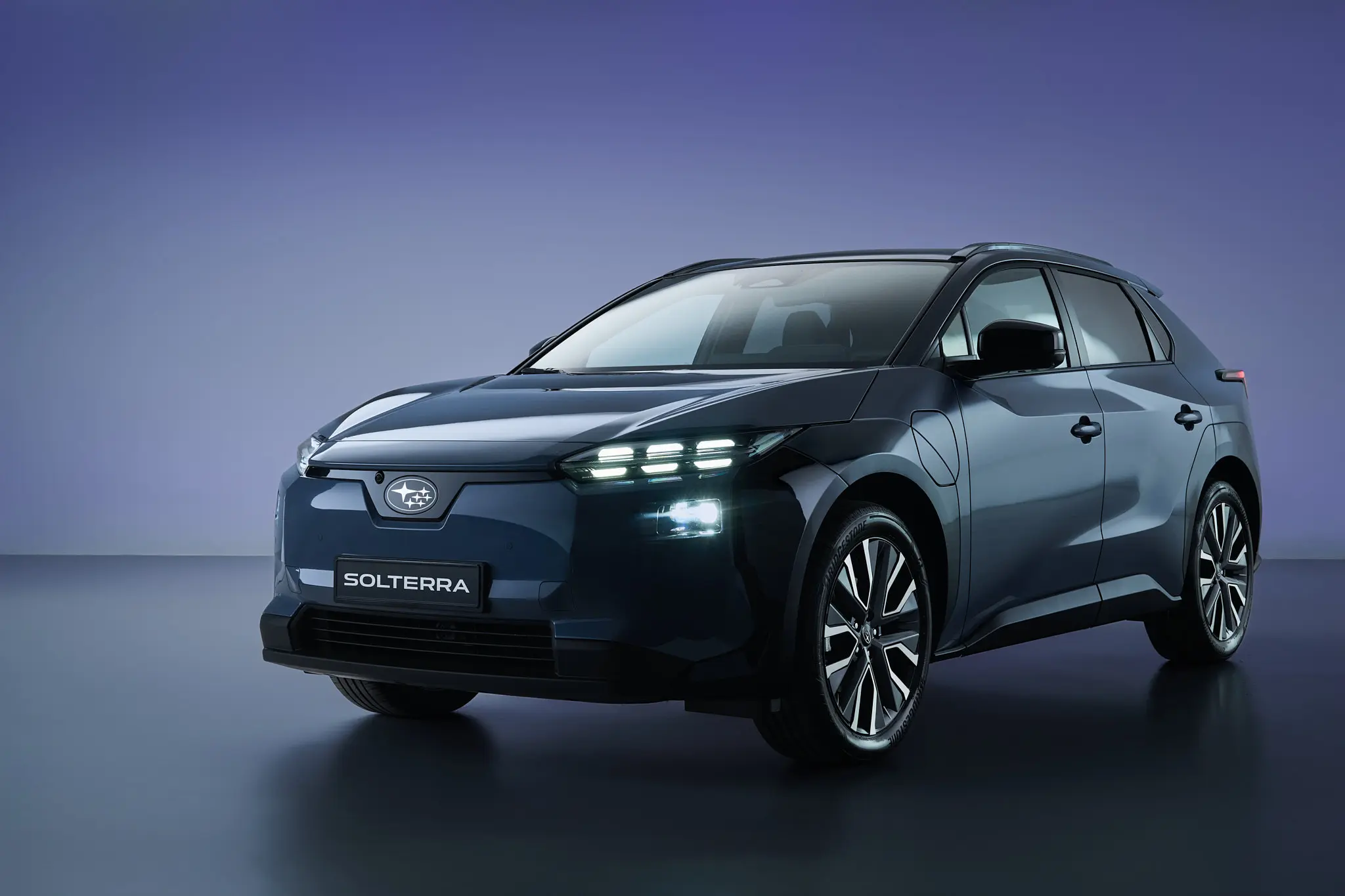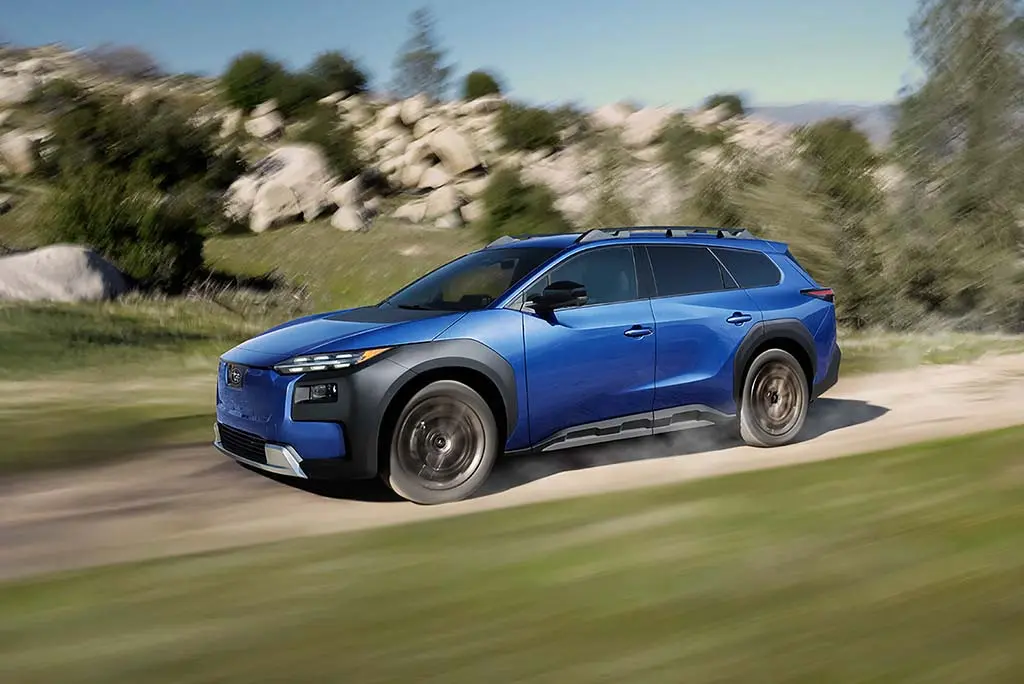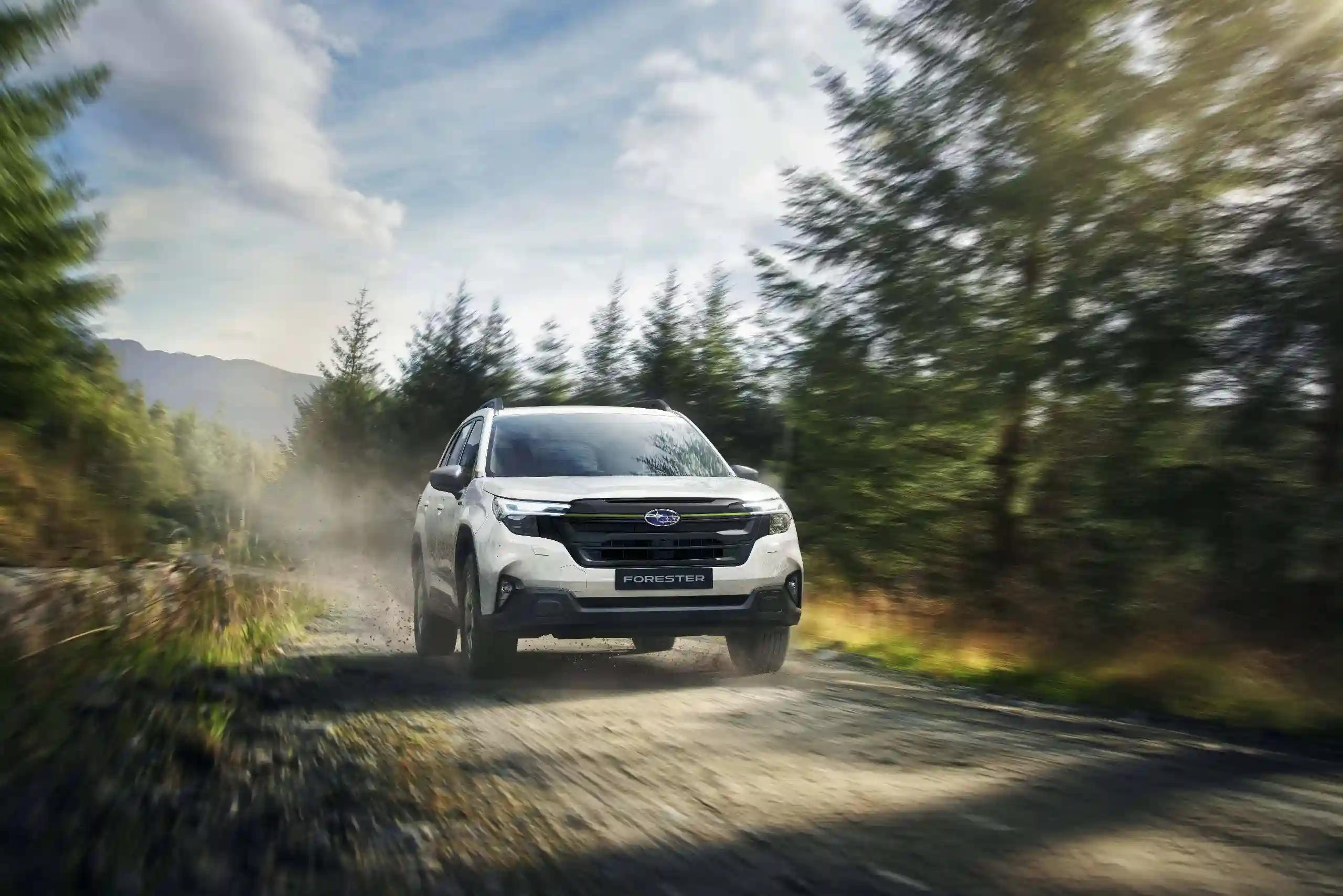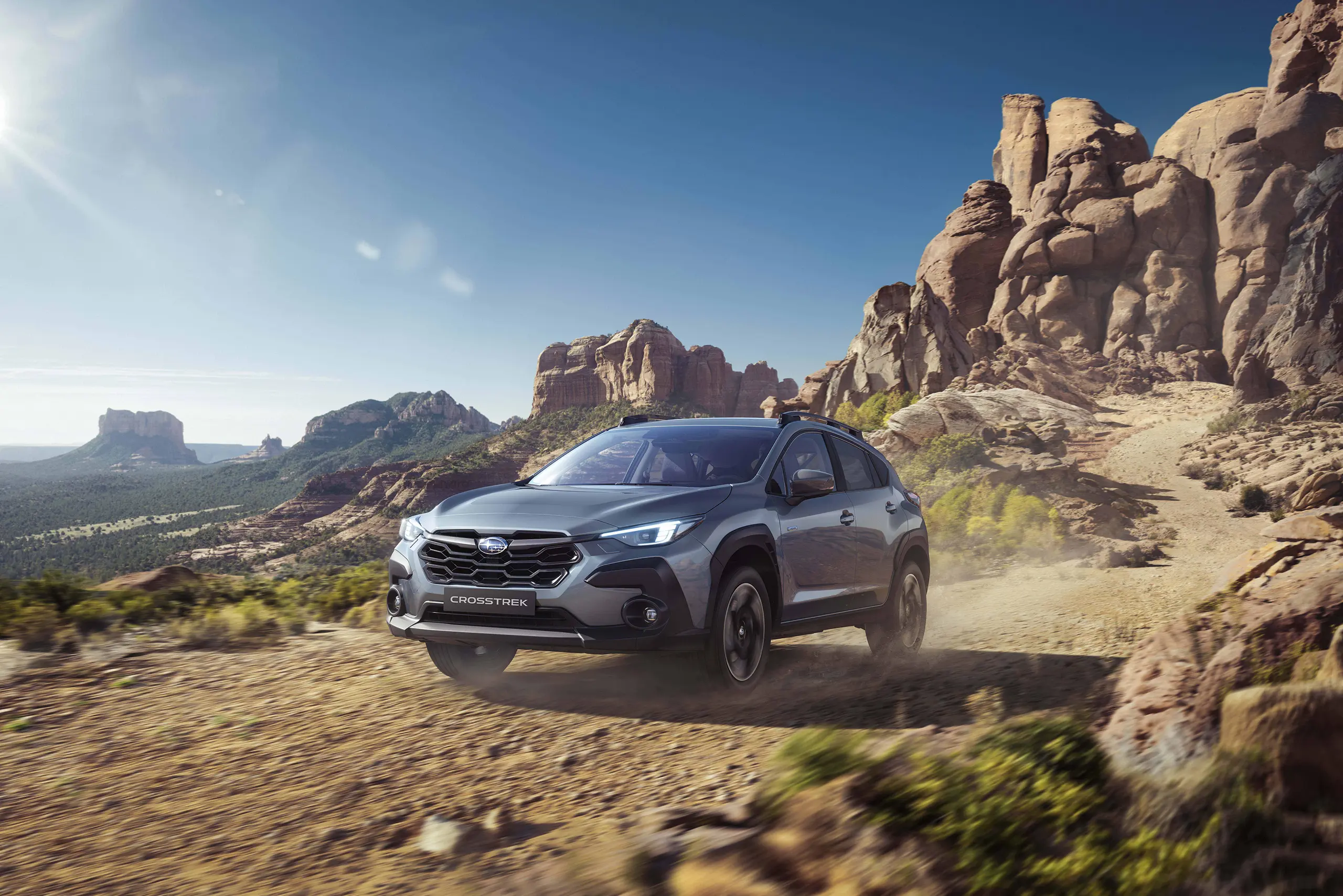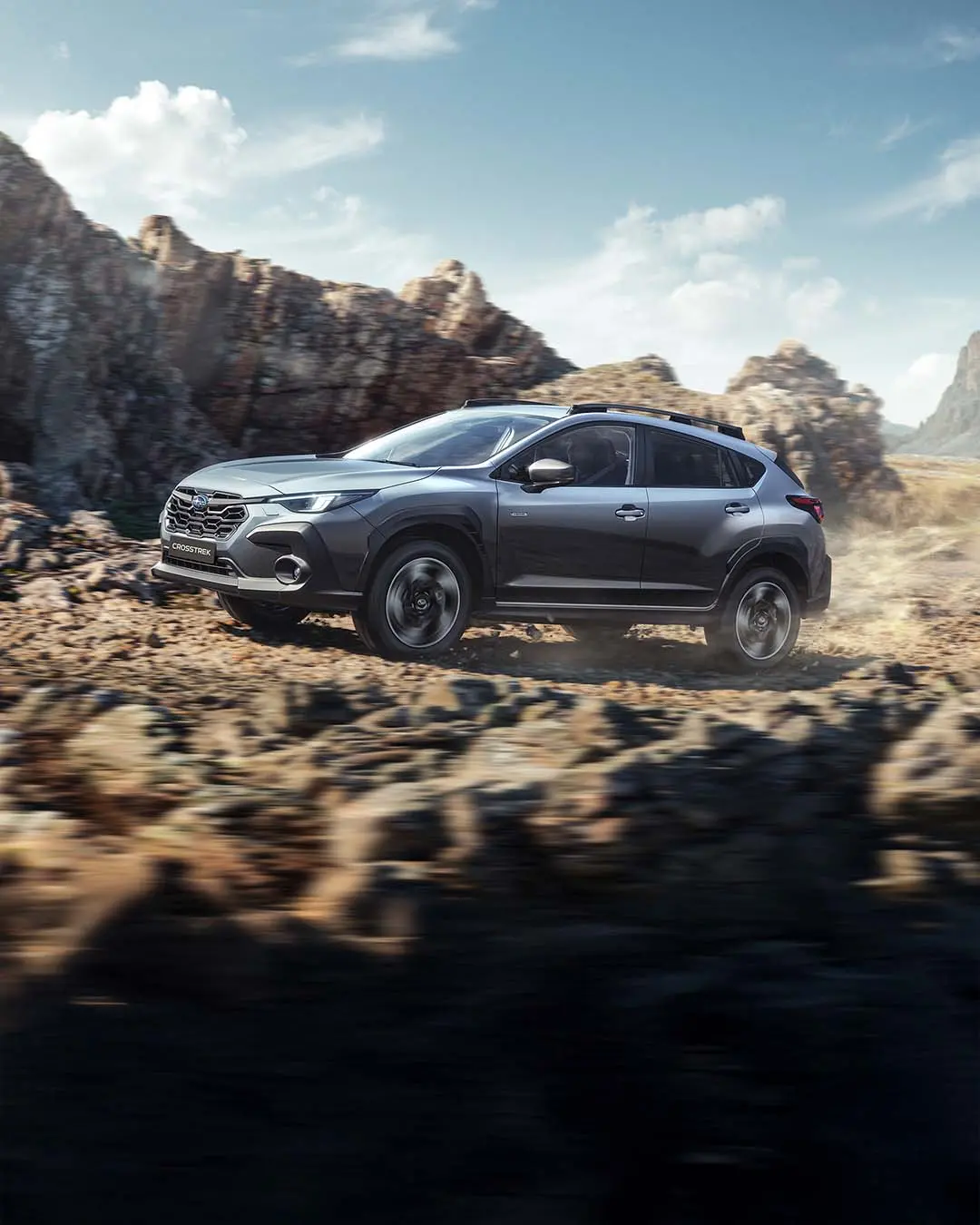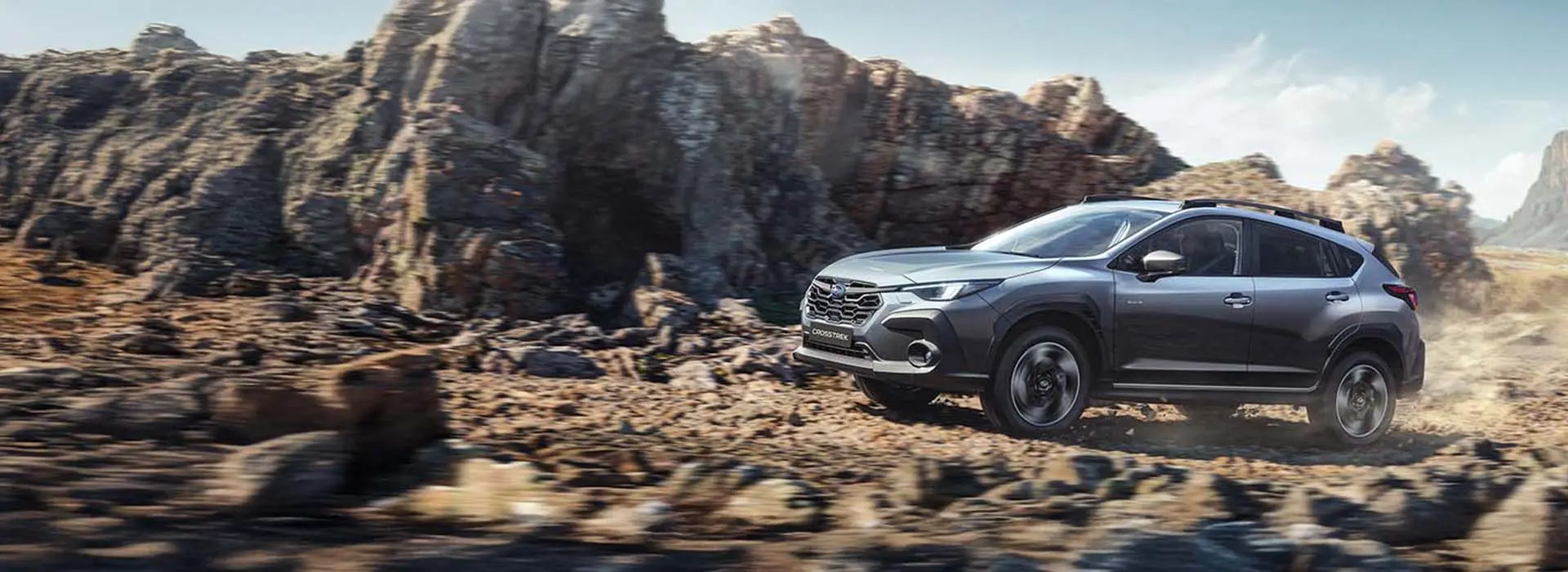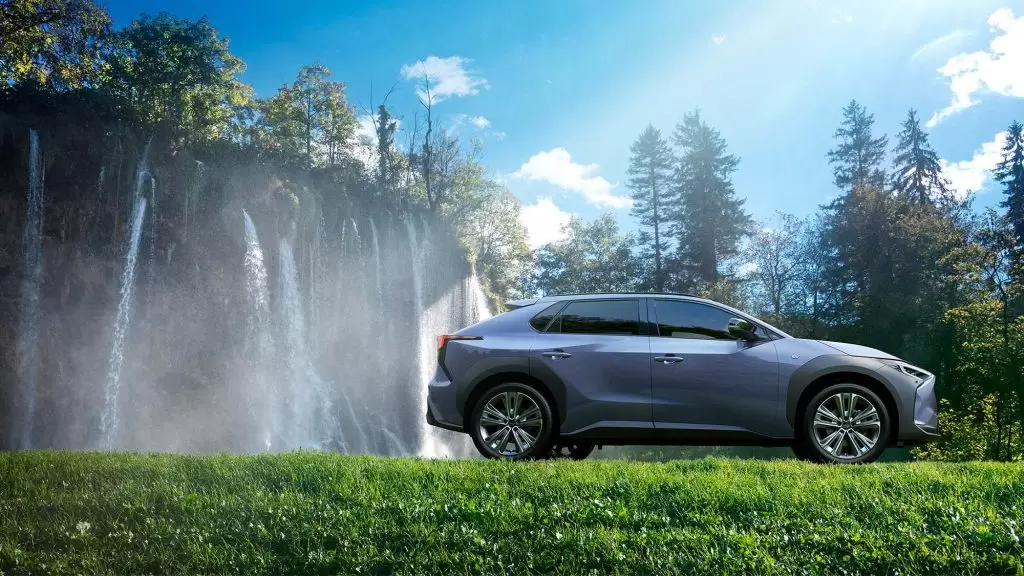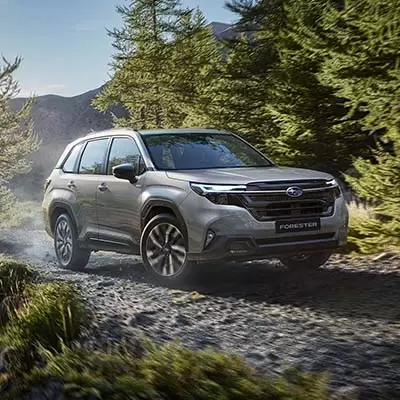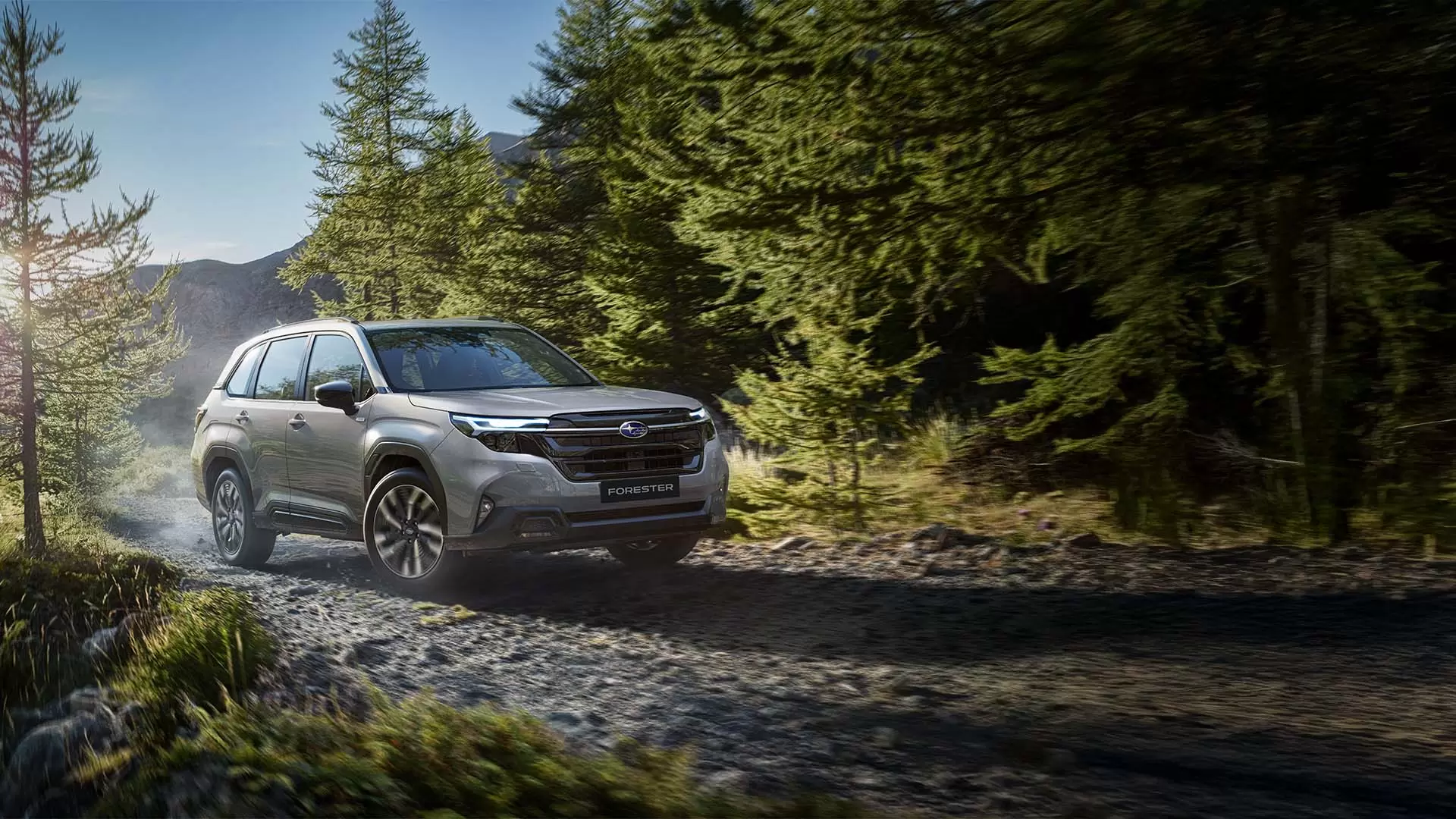
All-New Forester
Enjoy the benefits of a traditional SUV, now with an electric motor to support the 2.0L petrol engine. With the Subaru Forester, you’ll get full adventuring ability with the added benefit of battery-based power. All this is without any need to plug in to recharge because it is self-charging.
Whatever the weather or terrain, this reliable, sturdy vehicle is cool, calm, and collected for any challenge ahead.

